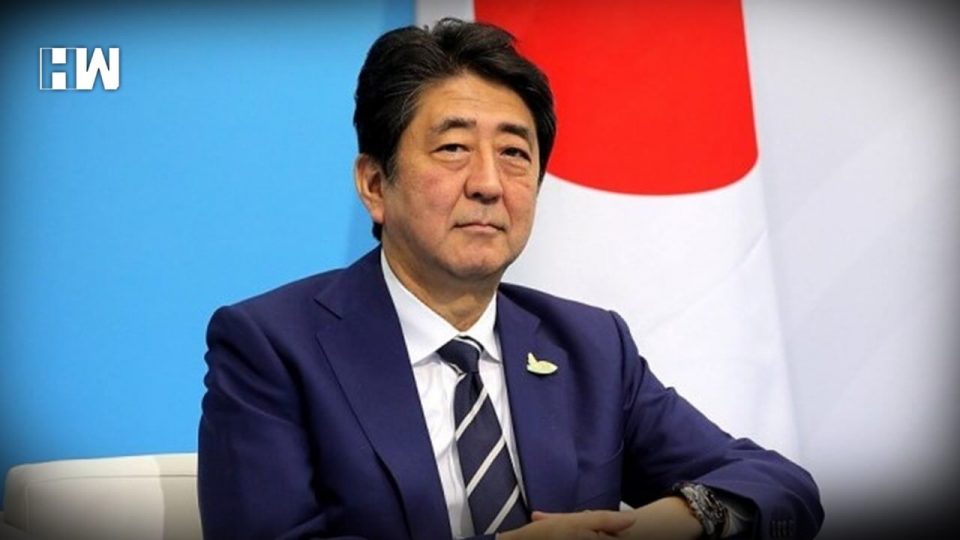Amid a shrinking domestic market, startup companies in Japan are starting to look to invest overseas, reports NHK World
Tokyo [Japan]: Amid a shrinking domestic market, startup companies in Japan are starting to look to invest overseas, reports NHK World.
For instance the tech company Opn developed a system for restaurant customers to order and pay by smartphone. It has expanded to Southeast Asia. In November this year, it acquired a US firm with an eye on the North American market, reported NHK World.
Hasegawa Jun, CEO of Opn said, “It’s critical for every firm to find a market that can facilitate its growth and then try to break in,” as Japanese startups cannot survive in the domestic market alone.
Underscoring the rise in labour costs, another Japanese startup firm has decided to sell robots that prepare food such as soba noodles. It also wants to export a model that makes French fries to the US, reported NHK World.
The Japan External Trade Organization supported startups that want to enter foreign markets.
It said that in the fiscal year that ends in March over 120 companies are taking part, which is more than double the figure from two years ago, reported NHK World.
Not only the startups, but the Japanese Government too is looking to spread its economic footprints in South Asia. India has become one of the favourite destinations owing to a shared common heritage of Buddhist ideals and a strong people-to-people bond that goes beyond economic alliances.
The India-Japan relationship is manifested in multi-cornered cooperation and in the ever-widening scope of the bilateral alliance.
The Delhi Metro – one of the largest metro networks in the world – recently commemorated 20 years of its operations. Japan has provided India with financial and technological assistance in developing several metro corridors.
Also, Read: Pak’s Quest For “Strategic Depth” In Afghanistan Turns To “Strategic Death”
In another undertaking between India and Japan, the two sides have collaborated to manufacture India’s first bullet train. With nearly 25 per cent of the work completed, India’s first bullet train is expected to hit the tracks by 2027.
The trade imbalance has been narrowed between India and Japan gradually with Indian exports to Japan rising each year, which primarily include petroleum products, chemicals, and elements.
As per the India Ministry of External Affairs, the bilateral trade between India and Japan for Financial Year 2021-22 totalled USD 20.57 billion. India’s exports to Japan amounted to USD 6.18 billion while India’s imports from Japan amounted to USD 14.39 billion.
On his visit to India last year, Prime Minister Fumio Kishida announced a USD 42 billion investment in India within the next five years. Experts say Japanese power corridors consider India to be one of the most reliable partners in the world.
With 14 bilateral premier-level summits, a continuous flow of people and tech, and uniquely integrated yet individual strategies to counter global threats, Indian-Japanese ties have become a curious case study for observers around the world.
(Except for the headline, this story has not been edited by HW News staff and is published from a syndicated feed.)
As an independent media platform, we do not take advertisements from governments and corporate houses. It is you, our readers, who have supported us on our journey to do honest and unbiased journalism. Please contribute, so that we can continue to do the same in future.

